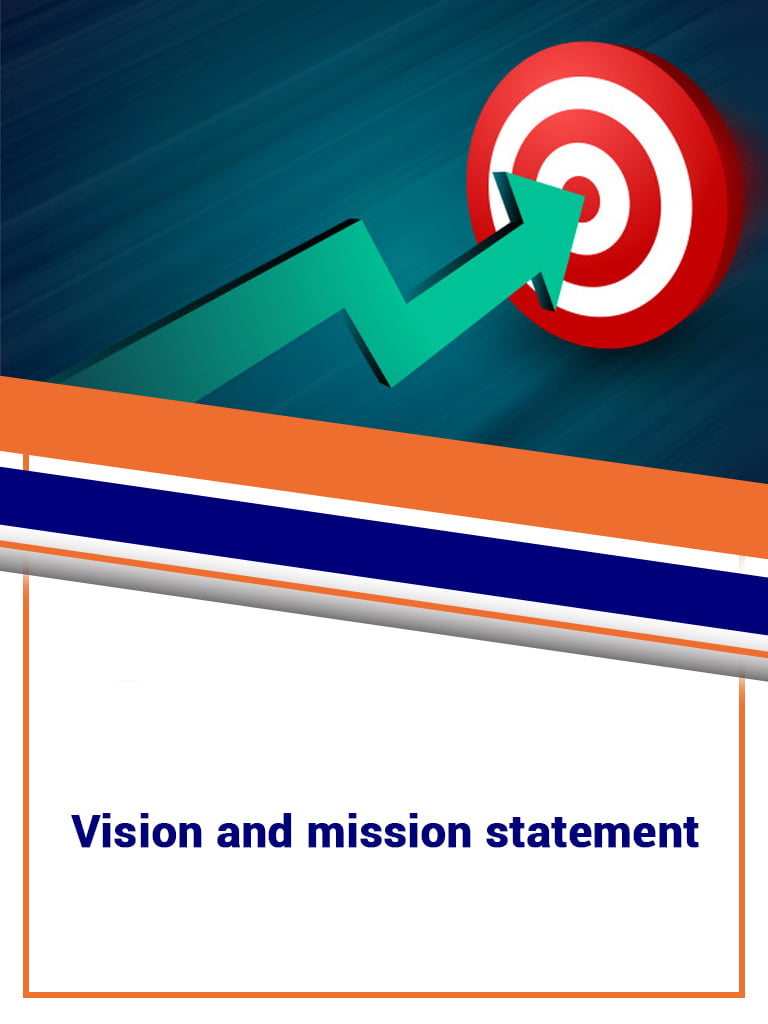This post was last updated on August 20th, 2025
VISION
To be a centre of excellence in Electronics and Communication Engineering through holistic education in academics, research, innovation and entrepreneurship.
MISSION
- To produce highly skilled and globally competent professionals in Electronics and communication through academic excellence, with a strong emphasis on societal concerns and ethical standards..
- To nurture progressive research and innovation through Industry collaborations, Centres of Excellence and Start-ups..
- To instil leadership skills in students, enabling them to succeed as entrepreneurs and lead diverse teams in solving real-world problems.
PROGRAM EDUCATIONAL OBJECTIVES (PEOs)
After 2/3 years of graduation, the students will have the ability to:
1. Solve real world engineering problems by adapting the technological changes through continuous learning to enable global competency.
2. Participate actively in advanced learning and multidisciplinary research by designing and developing innovative and cost-effective solutions.
3. Exhibit professional skills, effective communication, team work and ethics as an individual/team player/entrepreneur.
4. Implement engineering solutions with an empathy to societal values and environmental concern.
PROGRAM SPECIFIC OUTCOMES (PSOs)
Students will be able to:
1. Design and development of software and hardware solutions for emerging trends in communication systems and chip design.
2. Design and implement integrated smart solutions to solve real world problems by adopting cutting-edge technologies
PROGRAM OUTCOMES (POs)
Engineering Graduates will be able to:
- PO1: Engineering Knowledge: Apply knowledge of mathematics, natural science, computing, engineering fundamentals and an engineering specialization as specified in WK1 to WK4 respectively to develop to the solution of complex engineering problems.
- PO2: Problem Analysis: Identify, formulate, review research literature and analyze complex engineering problems reaching substantiated conclusions with consideration for sustainable development. (WK1 to WK4)
- PO3: Design/Development of Solutions: Design creative solutions for complex engineering problems and design/develop systems/components/processes to meet identified needs with consideration for the public health and safety, whole-life cost, net zero carbon, culture, society and environment as required. (WK5)
- PO4: Conduct Investigations of Complex Problems: Conduct investigations of complex engineering problems using research-based knowledge including design of experiments, modelling, analysis & interpretation of data to provide valid conclusions. (WK8).
- PO5: Engineering Tool Usage: Create, select and apply appropriate techniques, resources and modern engineering & IT tools, including prediction and modelling recognizing their limitations to solve complex engineering problems. (WK2 and WK6)
- PO6: The Engineer and The World: Analyze and evaluate societal and environmental aspects while solving complex engineering problems for its impact on sustainability with reference to economy, health, safety, legal framework, culture and environment. (WK1, WK5, and WK7).
- PO7: Ethics: Apply ethical principles and commit to professional ethics, human values, diversity and inclusion; adhere to national & international laws. (WK9)
- PO8: Individual and Collaborative Team work: Function effectively as an individual, and as a member or leader in diverse/multi-disciplinary teams.
- PO9: Communication: Communicate effectively and inclusively within the engineering community and society at large, such as being able to comprehend and write effective reports and design documentation, make effective presentations considering cultural, language, and learning differences.
- PO10: Project Management and Finance: Apply knowledge and understanding of engineering management principles and economic decision-making and apply these to one’s own work, as a member and leader in a team, and to manage projects and in multidisciplinary environments.
- PO11: Life-Long Learning: Recognize the need for, and have the preparation and ability for i) independent and life-long learning ii) adaptability to new and emerging technologies and iii) critical thinking in the broadest context of technological change. (WK8)



